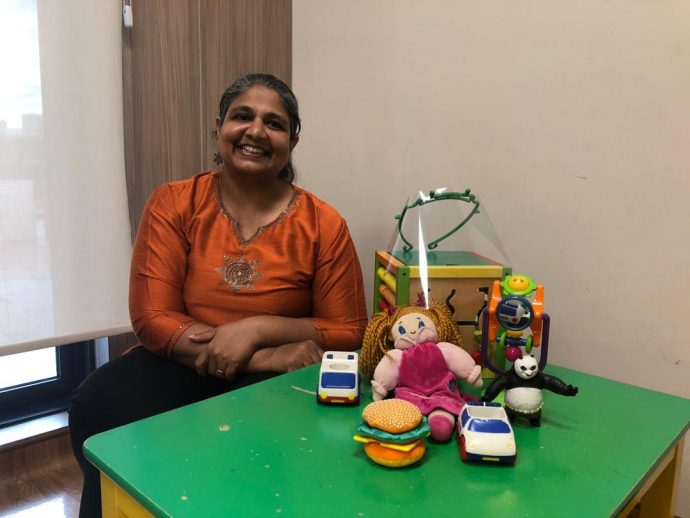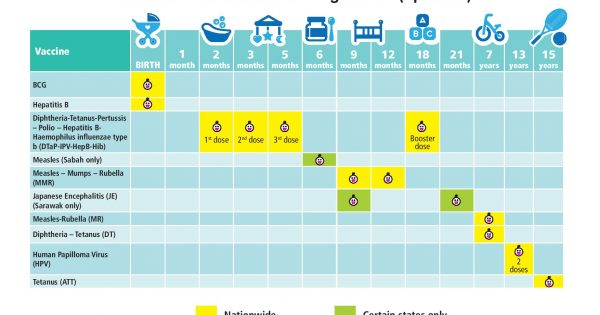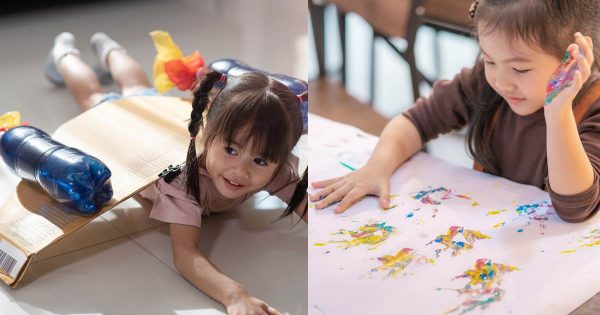After months of semi-isolation due to the devastating pandemic, things are gradually returning to normal in Malaysia. Parents are back at their offices and workplaces, while children are back in schools and kindergartens.
But the definition of “normal” now is a little different from what it was pre-pandemic. There is still no sign of a vaccine yet, and the disease is still ravaging other countries. We still need to be cautious and follow various SOP to prevent a second wave. It is understandable if parents feel uncertain and anxious about letting their children out.
In our second episode of the “Meet Our Expert” video series, we approach Dr Rajini Sarvananthan, a consultant developmental paediatrician, to address various parental concerns and provide useful tips as we adapt to the “new normal” and slowly allow our children to return to the outside world.
One main concern among parents is the possibility of their children getting infected and falling sick if they are allowed to go outside. According to Dr Rajini, we cannot keep our children cooped up at home any longer. “It is important for children to go out, not just for socio-emotional development, but also for their physical development, and more importantly, their immunity,” she said.
“Of course, a lot of parents will be anxious, but you need to prepare your children,” Dr Rajini stated. “Teach them that they need to wash their hands regularly and the importance of having their face covered using face masks. Practise that before you start taking your children out or let them go to school.”
She also advised parents not to let children go out if they are ill.
Another issue that has arisen due to the MCO is the increase in screen time for children. Dr Rajini even admitted that her own screen time had increased during this period. For children, she advised parents to cut it down gradually. “When you cut it down, you need to replace it with an activity that’s fun,” she explained. “Increase other activities, start letting your children go out, and hopefully that will naturally reduce (their screen time) as well.”
What about meeting grandparents or elderly relatives? The MCO prevented family members from seeing each other, so can we do it now that it has been relaxed? “I think it’s important for both the children and grandparents in terms of their emotional well-being … but more so for the grandparents,” answered Dr Rajini.
“Again, we need to educate our children. When you go see Grandma and Grandpa, we still have to wash our hands. Try to avoid going to your grandparents’ home from other places,” she continued. “For those who are really at high risk, you may not want physical contact. You may even have to keep on face masks or face shields so that they’re not exposed. But don’t stop making that connection.”
Parents may also need to persuade or mentally prepare their kids to return to school after their long “break”. “I think we have to prepare ourselves mentally more before we actually prepare our kids. I think for (most) children, they’re excited about going back to school.”
One way to prepare them is by role playing and practising the SOPs including wearing masks, handwashing and social distancing, said Dr Rajini. “You may want to start to organise play dates, so (the children) can meet one on one (and practise those rules). This is very important especially for preschoolers and the lower primary kids. I think with the older kids you can talk through what are the precautions they need to take.”
This transition can also be tough for children with pre-existing respiratory issues. “If you feel that your child is ill, try and keep them at home,” advised Dr Rajini. “I know that many children who have rhinitis, when they wear surgical face masks, it makes their rhinitis worse,” she continued. “So maybe you want to (get them) face masks that don’t trigger that. With children, cloth masks are good. If you can’t wear a face mask, there’s also such a thing called a face shield.”
As a closing remark, here’s what Dr Rajini had to say: “Let your kids out there with the right precautions. I’m not going to say don’t be anxious, because it’s good to be anxious; when you’re anxious, you’re more alert about the precautions you need to take. Talk to your children, educate them, explain to them what’s happening.”
Click here to watch.







Comments